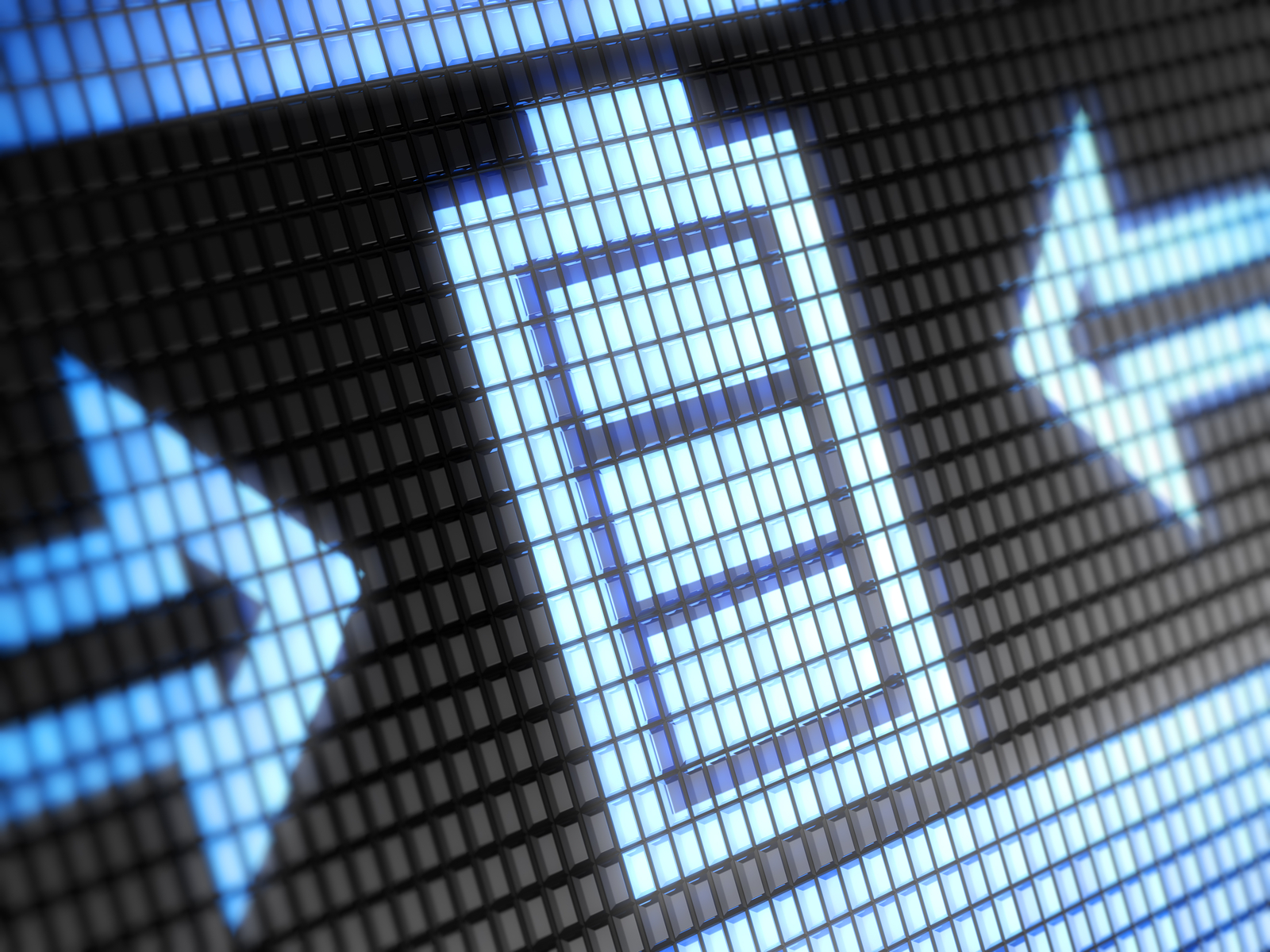 A new development in electrolyte chemistry, led by ECS member Shirley Meng, is expanding lithium-ion battery performance, allowing devices to operate at temperatures as low as -60° Celsius.
A new development in electrolyte chemistry, led by ECS member Shirley Meng, is expanding lithium-ion battery performance, allowing devices to operate at temperatures as low as -60° Celsius.
Currently, lithium-ion batteries stop operating around -20° Celsius. By developing an electrolyte that allows the battery to operate at a high efficiency at a much colder temperature, researchers believe it could allow electric vehicles in cold climates to travel further on a single charge. Additionally, the technology could allow battery-powered devices, such as WiFi drones, to function in extreme cold conditions.
(MORE: Read ECS’s interview with Meng, “The Future of Batteries.”)
This from UC San Diego:
The new electrolytes also enable electrochemical capacitors to run as low as -80 degrees Celsius — their current low temperature limit is -40 degrees Celsius. While the technology enables extreme low temperature operation, high performance at room temperature is still maintained. The new electrolyte chemistry could also increase the energy density and improve the safety of lithium batteries and electrochemical capacitors.


 The
The 
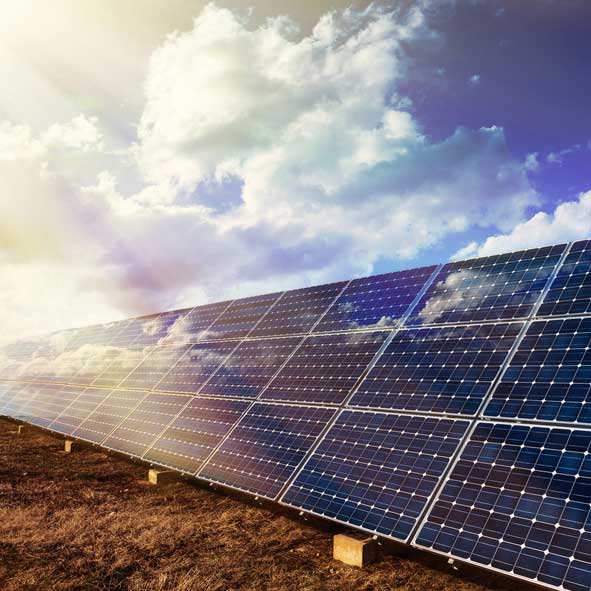 Researchers have developed a new kind of semiconductor alloy capable of capturing the near-infrared light located on the edge of the visible light spectrum.
Researchers have developed a new kind of semiconductor alloy capable of capturing the near-infrared light located on the edge of the visible light spectrum.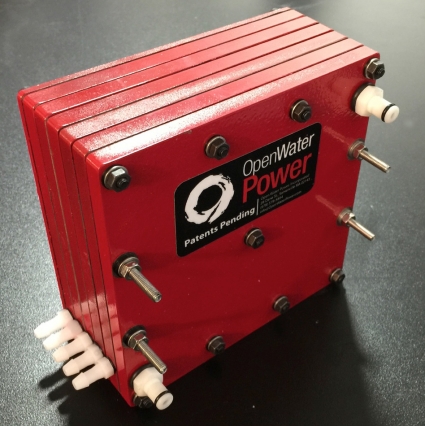
 A journal’s impact factor looks at the number of citations within a particular year, but the significance of some research exceeds a one year time frame. To highlight these papers, Google Scholar released their
A journal’s impact factor looks at the number of citations within a particular year, but the significance of some research exceeds a one year time frame. To highlight these papers, Google Scholar released their 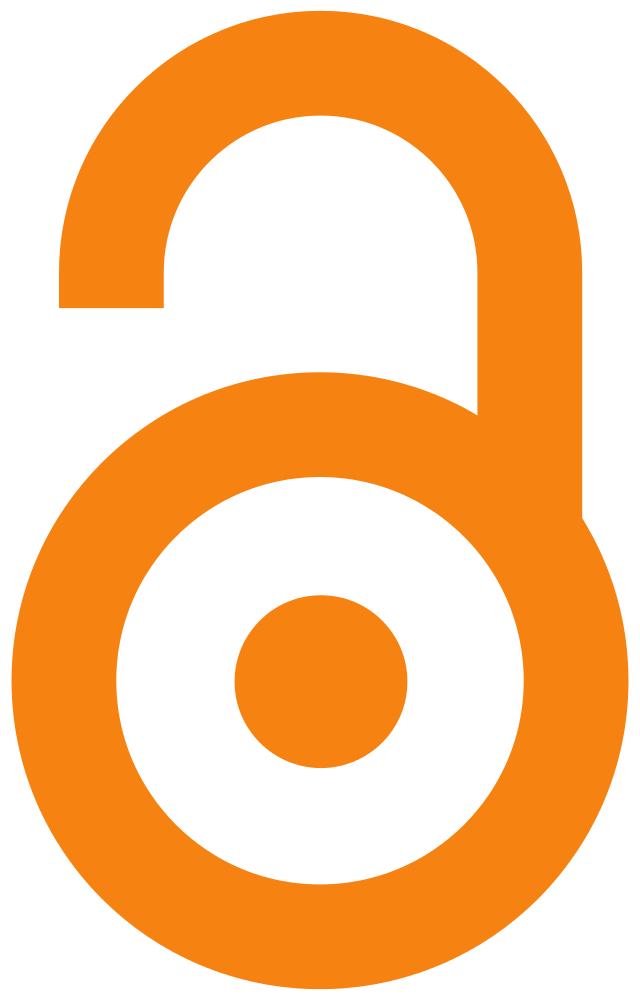 ECS is proud to announce that at the upcoming 232nd ECS Meeting, we will be hosting our first OpenCon satellite event! OpenCon is a conference that places a spotlight, produces discussion, and increases collaboration on issues of open access, open science, open data, open source, and open education. Initially hosted by the Right2Research Coalition and SPARC, satellite events can be held by anyone with an interest in the subject matter. As ECS works to advance its Free the Science initiative, we want to be at the forefront of the open discussion in our industry.
ECS is proud to announce that at the upcoming 232nd ECS Meeting, we will be hosting our first OpenCon satellite event! OpenCon is a conference that places a spotlight, produces discussion, and increases collaboration on issues of open access, open science, open data, open source, and open education. Initially hosted by the Right2Research Coalition and SPARC, satellite events can be held by anyone with an interest in the subject matter. As ECS works to advance its Free the Science initiative, we want to be at the forefront of the open discussion in our industry.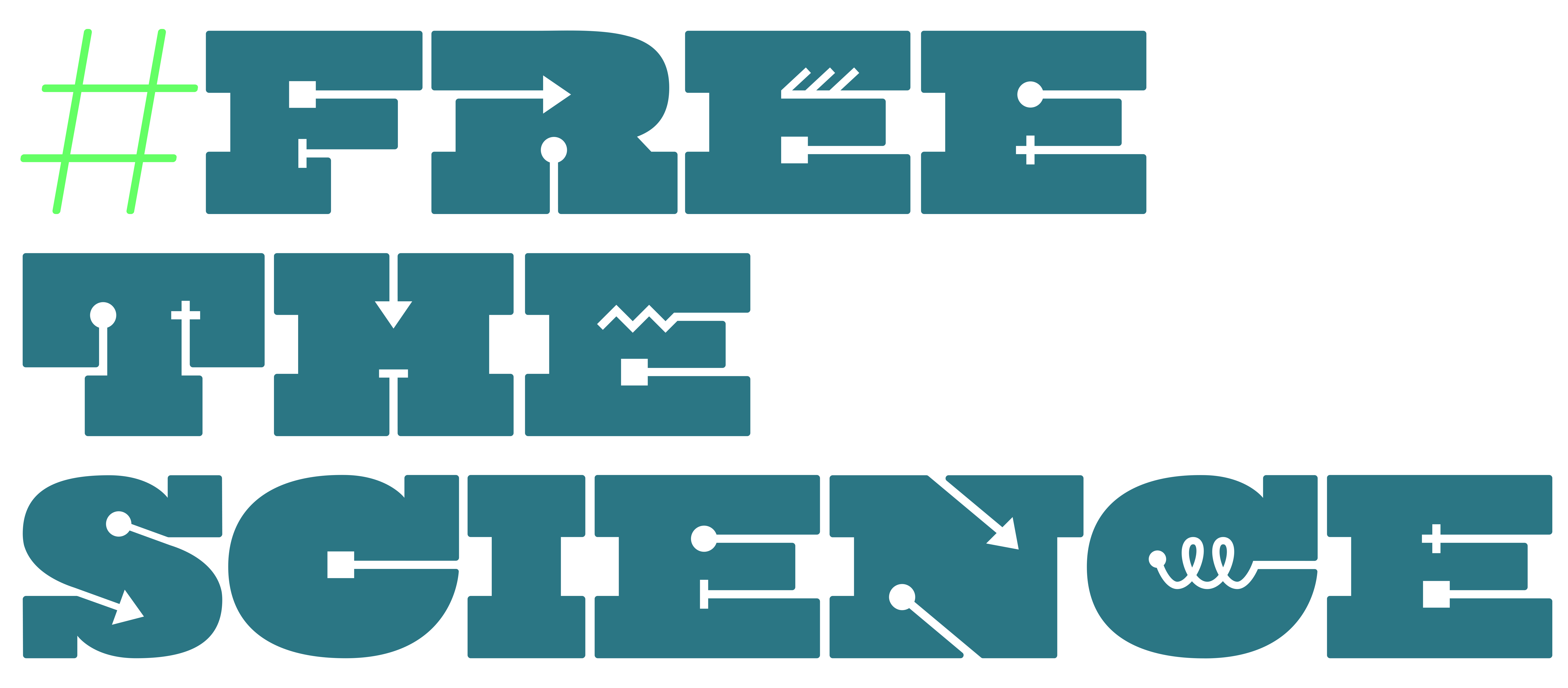 Sci-Hub launched a few years back when Alexandra Elbakyan of Kazakhstan was struggling to find affordable and relevant research through her institution. Fast forward to 2017 and Sci-Hub serves as one of the most common sites that seeks to circumvent paywalls and provide access to scholarly literature.
Sci-Hub launched a few years back when Alexandra Elbakyan of Kazakhstan was struggling to find affordable and relevant research through her institution. Fast forward to 2017 and Sci-Hub serves as one of the most common sites that seeks to circumvent paywalls and provide access to scholarly literature. A new study describes the mechanics behind an early key step in artificially activating carbon dioxide so that it can rearrange itself to become the liquid fuel ethanol.
A new study describes the mechanics behind an early key step in artificially activating carbon dioxide so that it can rearrange itself to become the liquid fuel ethanol.